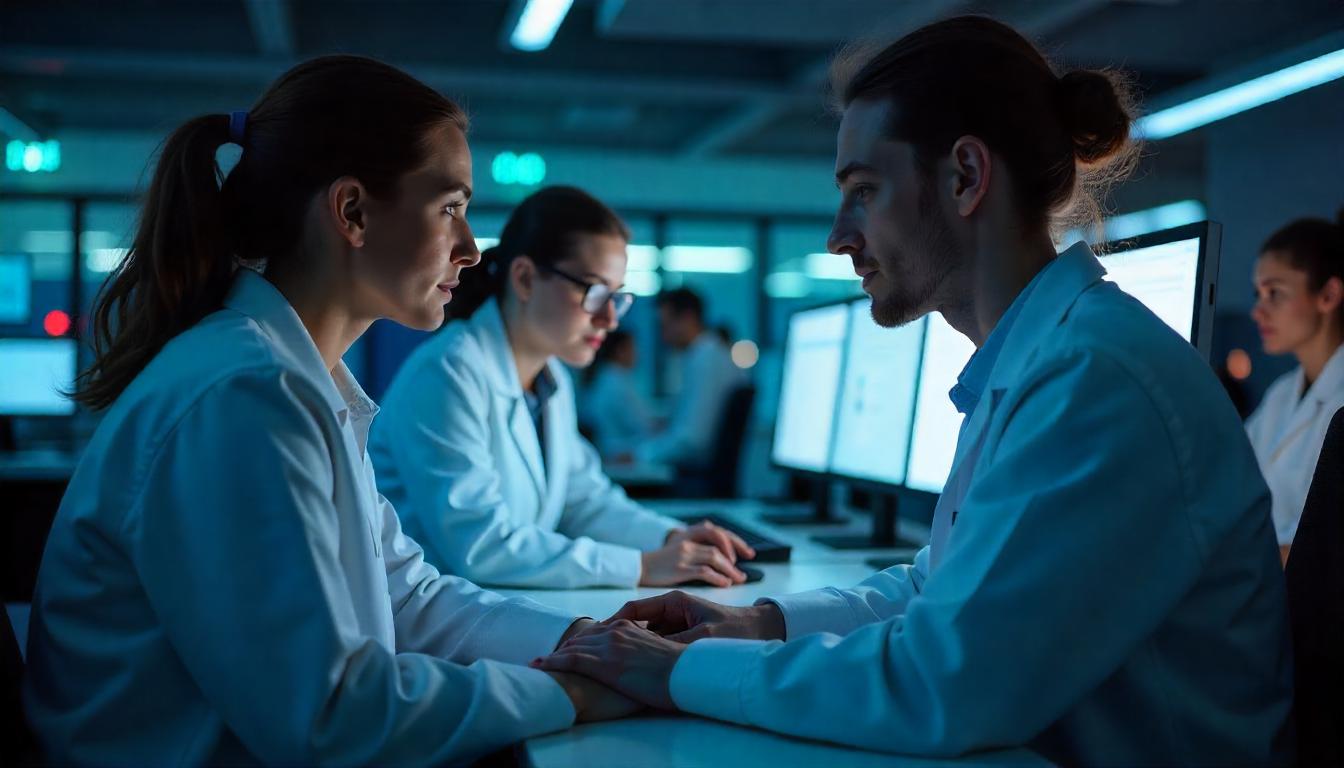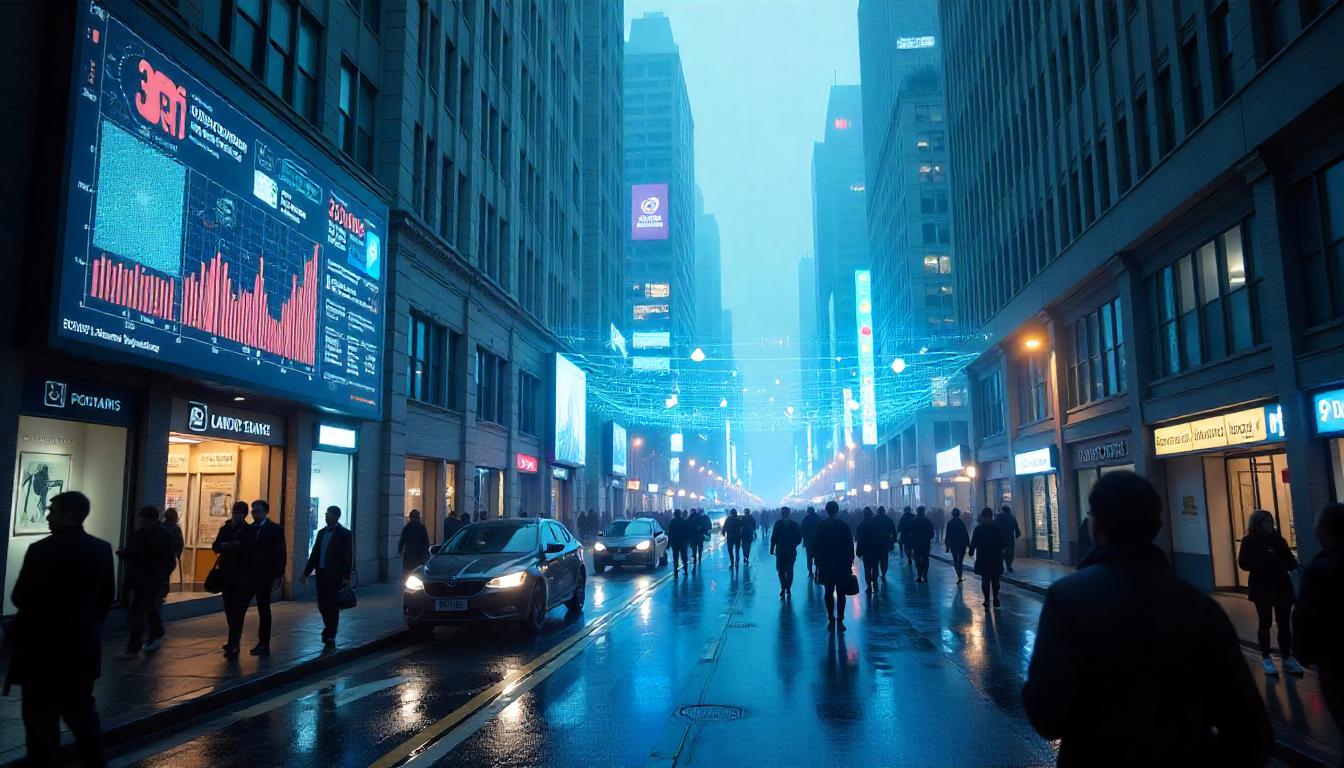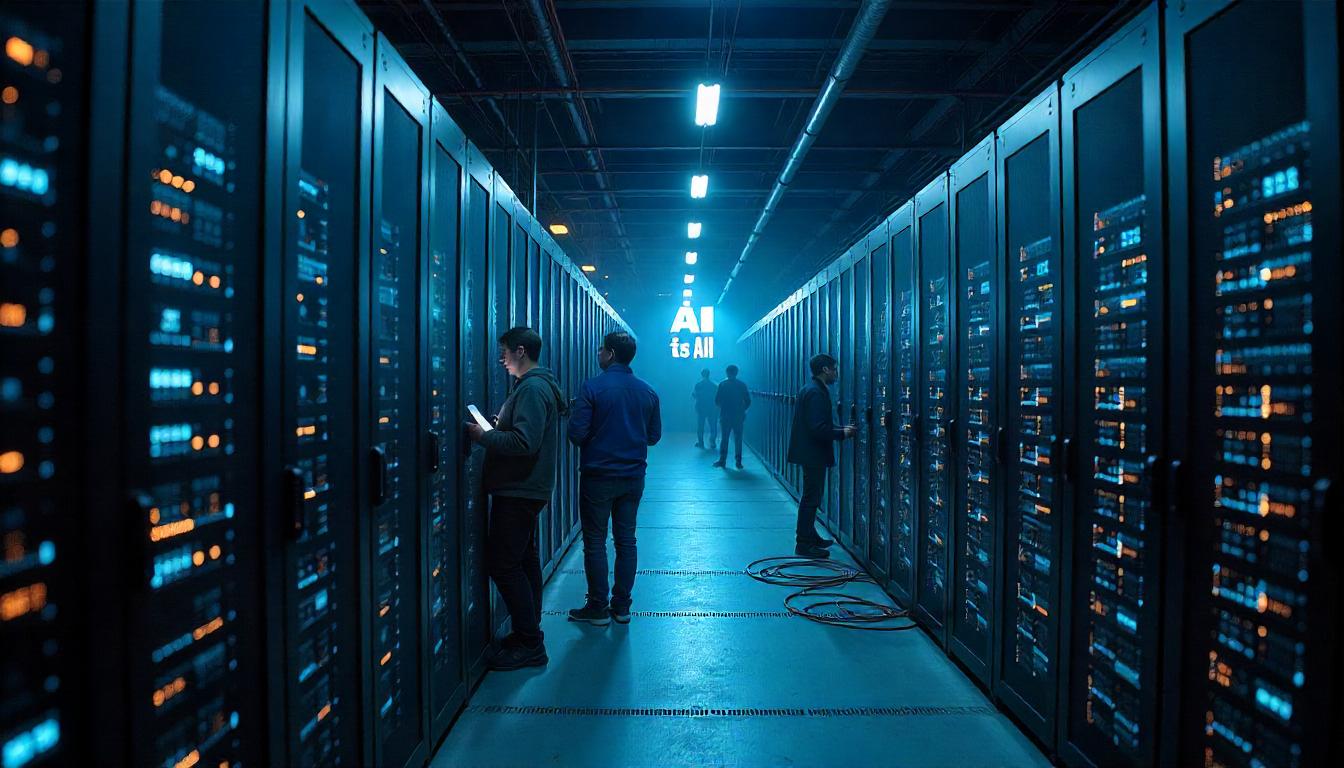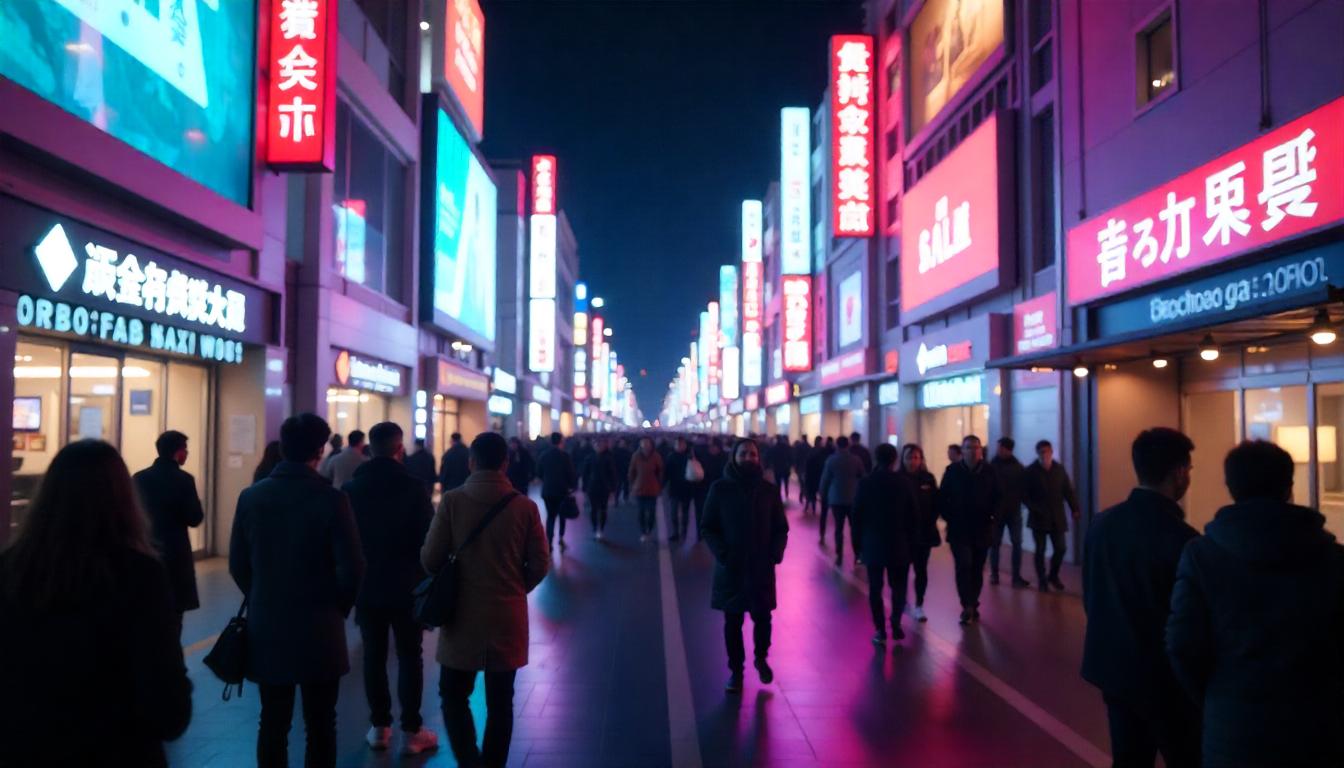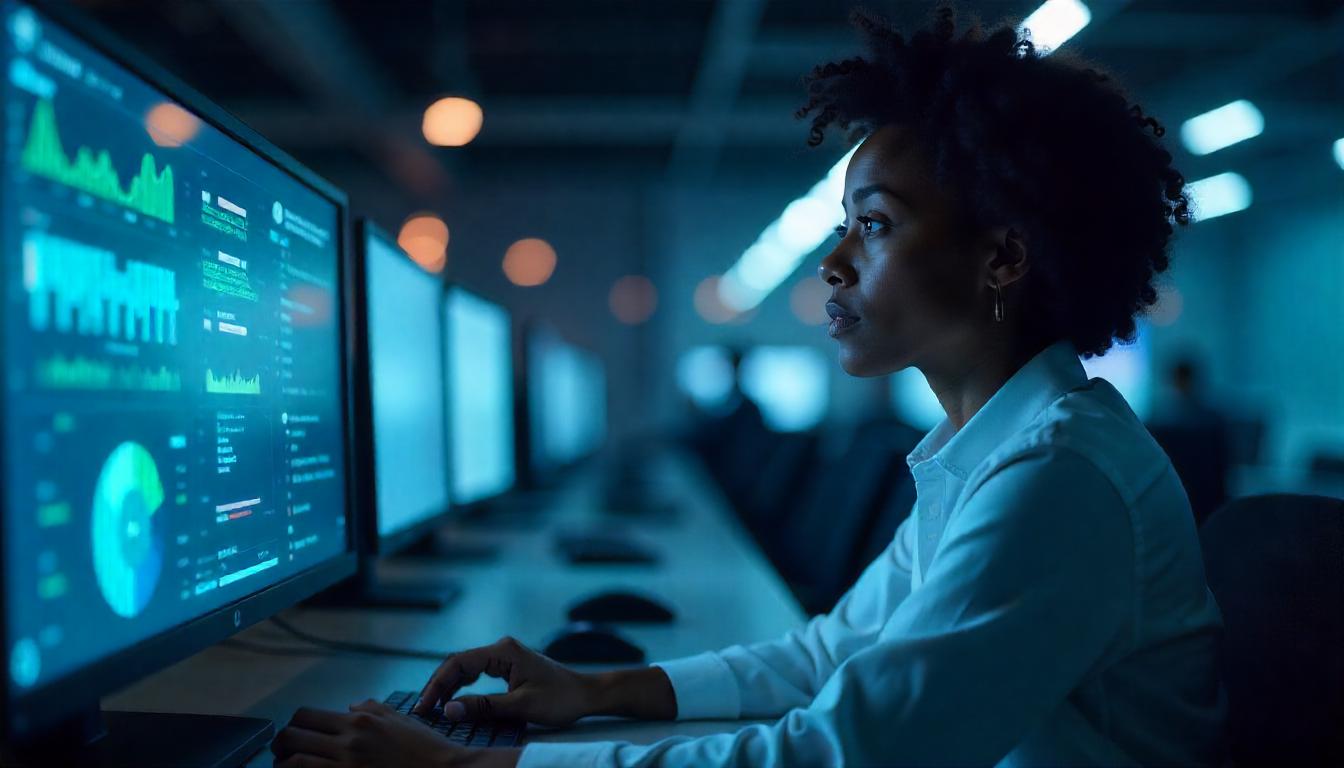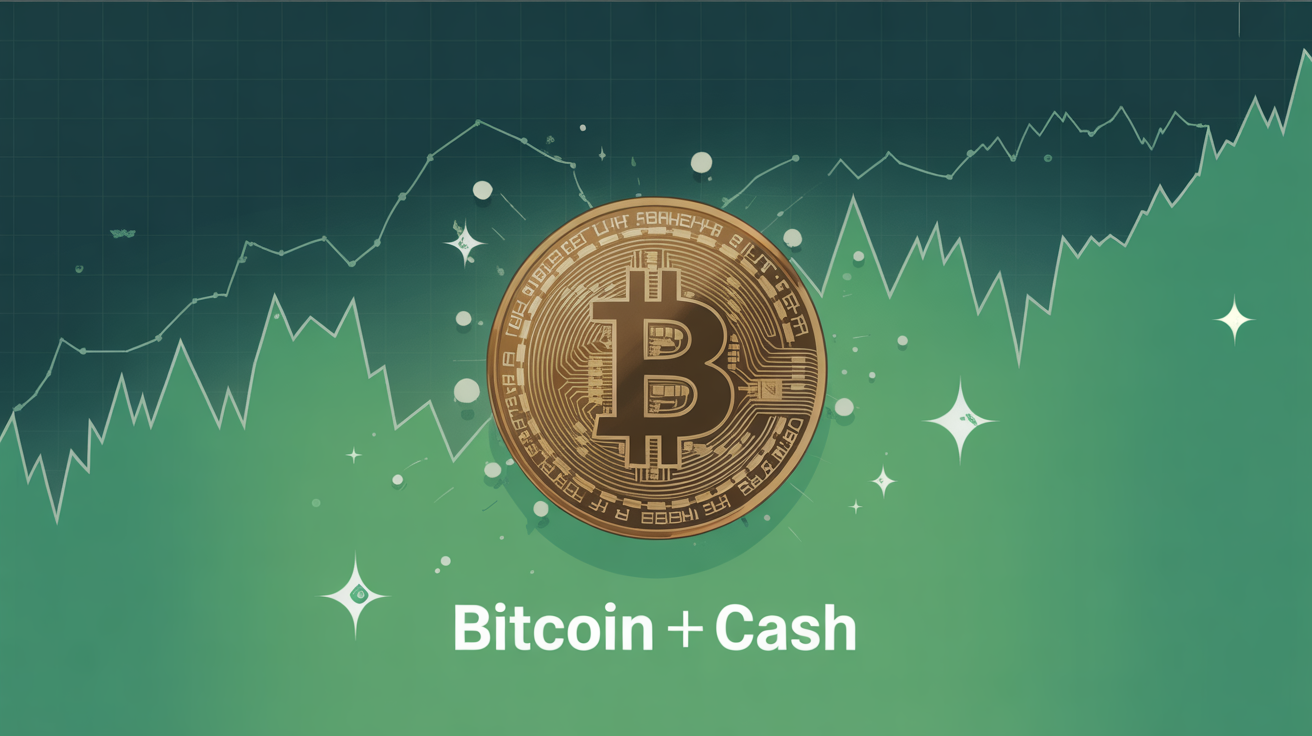Future of Work: Will AI Replace Human Jobs?
Artificial Intelligence (AI) has quickly moved from science fiction into everyday reality. It’s now part of how we shop, work, communicate, and even make decisions in business and government. As AI continues to evolve, one big question keeps popping up:
Is AI going to replace human jobs—or simply transform the way we work?
AI’s Growing Role in Workplaces
Today, AI is deeply embedded in many industries. Businesses use algorithms to analyze data faster than any human could, virtual assistants help answer customer questions, and robots perform precise tasks in factories.
These advancements bring significant benefits—greater efficiency, cost savings, and new opportunities. But they also spark concern, particularly around the possibility of job losses.
Which Jobs Are Most Vulnerable?
AI is more likely to replace certain types of jobs than others. Roles at higher risk include:
- Repetitive or Routine Tasks
Jobs involving predictable tasks, like data entry, assembly-line work, and basic accounting, are prime targets for automation. - Customer Support Roles
AI chatbots and virtual agents can handle many routine customer inquiries, potentially reducing demand for human call center workers. - Transportation and Logistics
The rise of self-driving vehicles and automated logistics systems could impact drivers, warehouse workers, and delivery personnel.
Roles Likely to Endure—and Evolve
Despite fears of widespread job loss, many professions remain secure and may even become more important in an AI-driven world:
- Creative Fields
Writers, artists, designers, and marketers rely on creativity, storytelling, and emotional resonance—areas where AI still struggles. - Complex Problem-Solving Roles
Jobs that require critical thinking, strategic planning, and nuanced decision-making, such as research or business strategy, are less vulnerable. - Human-Centric Professions
Teachers, healthcare professionals, social workers, and counselors depend on empathy, trust, and personal relationships that AI can’t replicate. - AI and Tech-Related Careers
As AI grows, so does the demand for people to develop, maintain, and ethically oversee these systems.
The Evolving Job Market
While some jobs will disappear, history suggests new opportunities often emerge. The internet revolution, for example, created careers like social media management, app development, and digital marketing—roles that didn’t exist 30 years ago.
AI is expected to follow a similar path, transforming industries and giving rise to jobs we haven’t yet imagined.
How Workers and Businesses Can Prepare
The key to thriving in an AI-powered future is adaptability. Here’s how individuals and organizations can prepare:
- Keep Skills Updated
Upskilling and reskilling in areas like technology, data literacy, creativity, and communication will help people stay competitive. - Embrace Continuous Learning
Lifelong learning is essential as industries and required skills continue to change. - Support Career Transitions
Governments and businesses should help workers move into new roles through training programs and support systems.
Humans Still Have the Edge
AI is powerful, but it lacks many human qualities—like empathy, creativity, ethical judgment, and emotional intelligence. The future of work isn’t about machines completely taking over but about humans and AI collaborating and complementing each other’s strengths.
So, will AI replace human jobs?
Some roles will change or fade away. But new paths will open, and humans will remain essential to the workforce. The challenge is staying adaptable and ready for what comes next.



